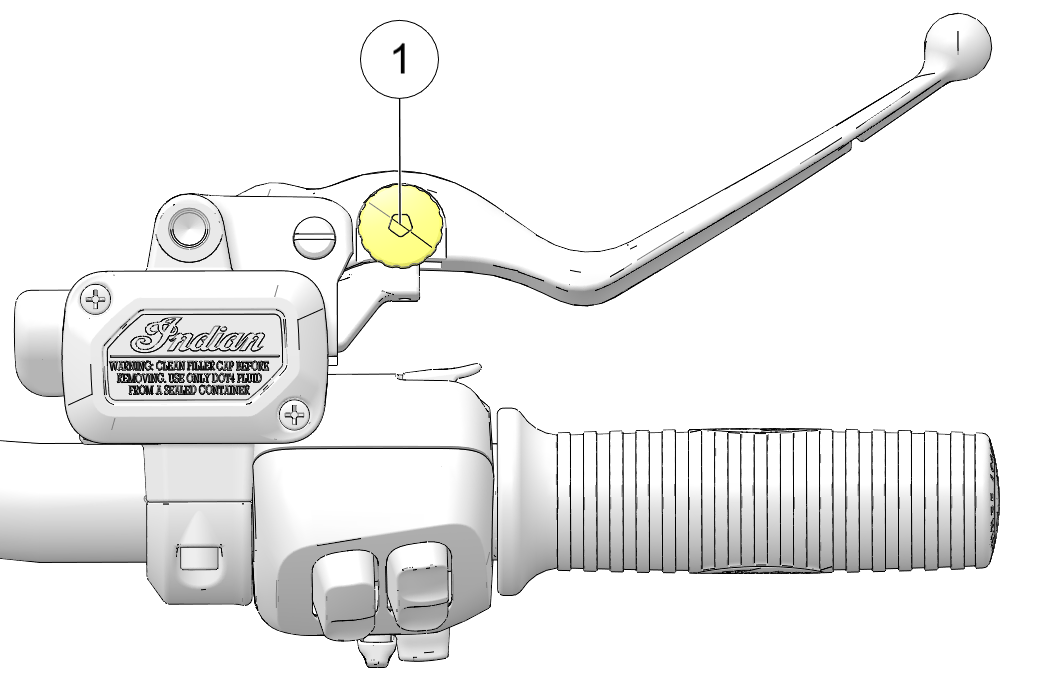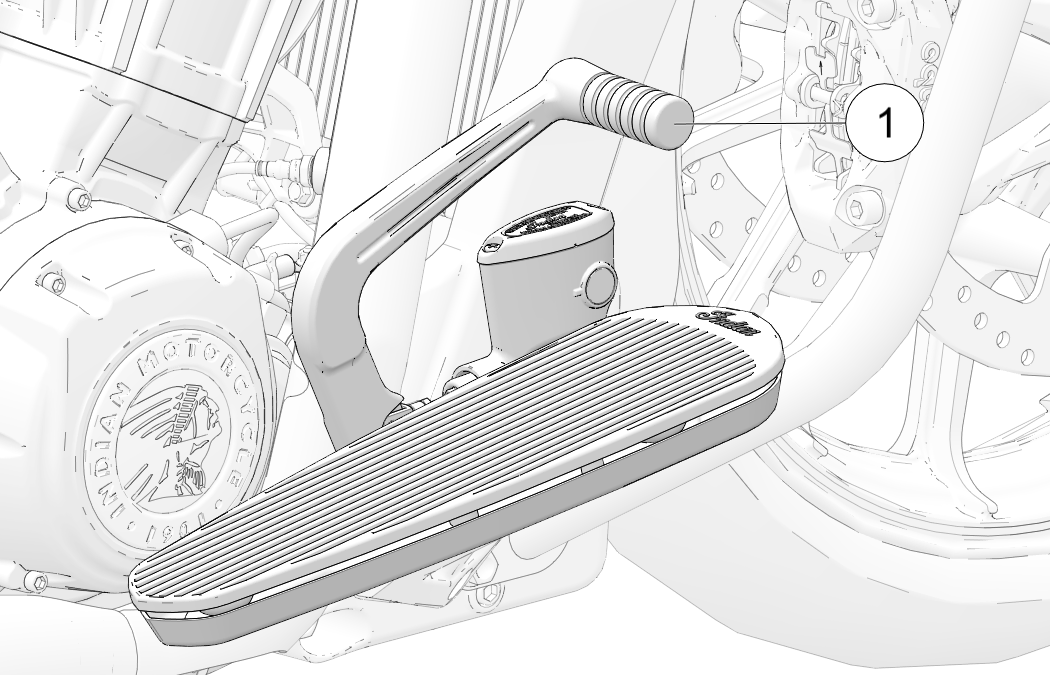
Content Source: 2021 Indian Challenger Owner’s Manual (9931587 R01) > Instruments, Features and Controls Chapter
| IMPORTANT |
|
The Owner's Manual for this vehicle contains warnings, instructions and other information you must read and fully understand before safely riding or performing maintenance on this vehicle.Always follow the warnings and instructions in Owner's Manual. Click the CONTENTS link above for the Table Of Contents, or download a full PDF of the Owner Manual in the Owner Support area of Polaris.com |


| Resting your foot on the brake pedal will cause excessive and premature wear of brake pads and reduced braking efficiency, which could result in serious injury or death. |
© Copyright Polaris Inc. All rights reserved.